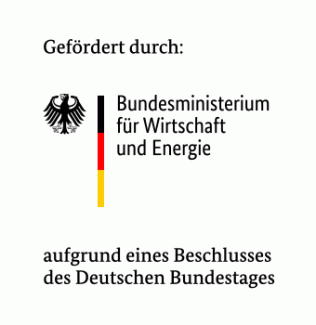In Germany, wastewater treatment plants are the largest municipal electricity consumers. A study by the Federal Environment Agency (Haberkern, 2008) indicates that in the case of a pure energy optimization, an average electricity saving of 10 to 20% of the total power requirement can be expected. The aim of the project is the holistic optimization of the biological treatment stage of wastewater treatment plants by a plant-specific optimization of the processes technology, the selection of energy-efficient machine technology and the development of intelligent control concepts. Within the scope of this project, the question of energy-efficient machine technology for the biological treatment stage will be answered with the help of basic investigations on the internal tank flows. Further studies are used to calibrate biochemical model equations including a model approach for nitrous oxide emissions. The obtained results are used to develop an integral hydraulic and process simulation environment, which is validated by measurements on real wastewater treatment plants. This integral simulation environment enables process and energetic optimization of the activated sludge process and is the basis for the development of intelligent control concepts. Based on the holistic optimization approach outlined above, we expect significant energy savings for wastewater treatment plants with a simultaneously reduced accumulation of greenhouse gas emissions, without reducing the effluent quality of the treated wastewater. Rather, the integral approach can serve to improve process quality in the future in order to meet future legal requirements, if necessary.
Project leader
Dr. Jens Alex
Thematic Field
Cooperation partners
WILO SE
Lehrstuhl für Siedlungswasserwirtschaft und Umwelttechnik der Ruhr-Universität Bochum
Professur für Wasserwirtschaft der Universität Rostock
Project Duration
Projektstart:
June 2018
Projektende:
May 2021
Project Funding
BMWi

Förderkennzeichen:
03ET1577D




